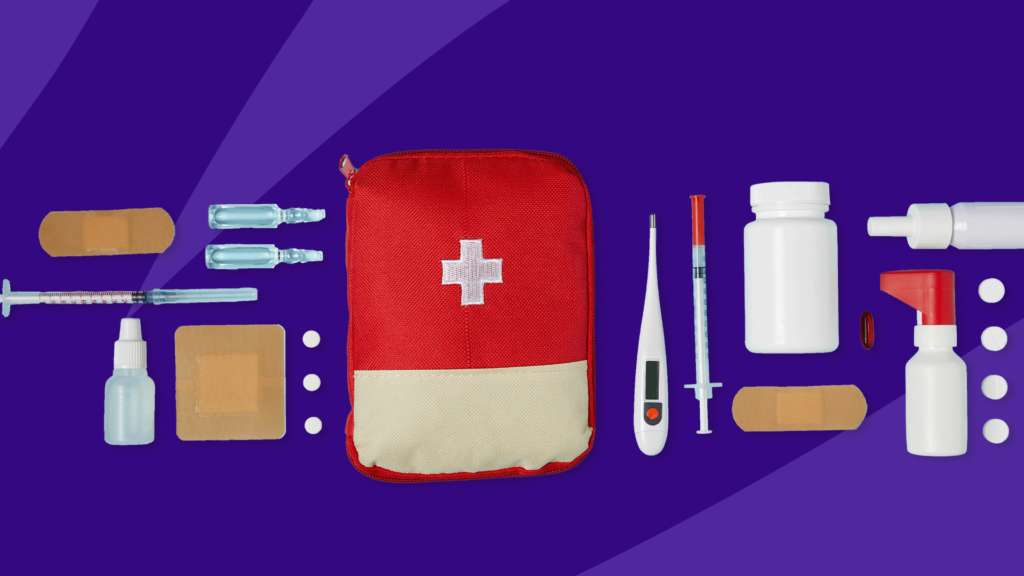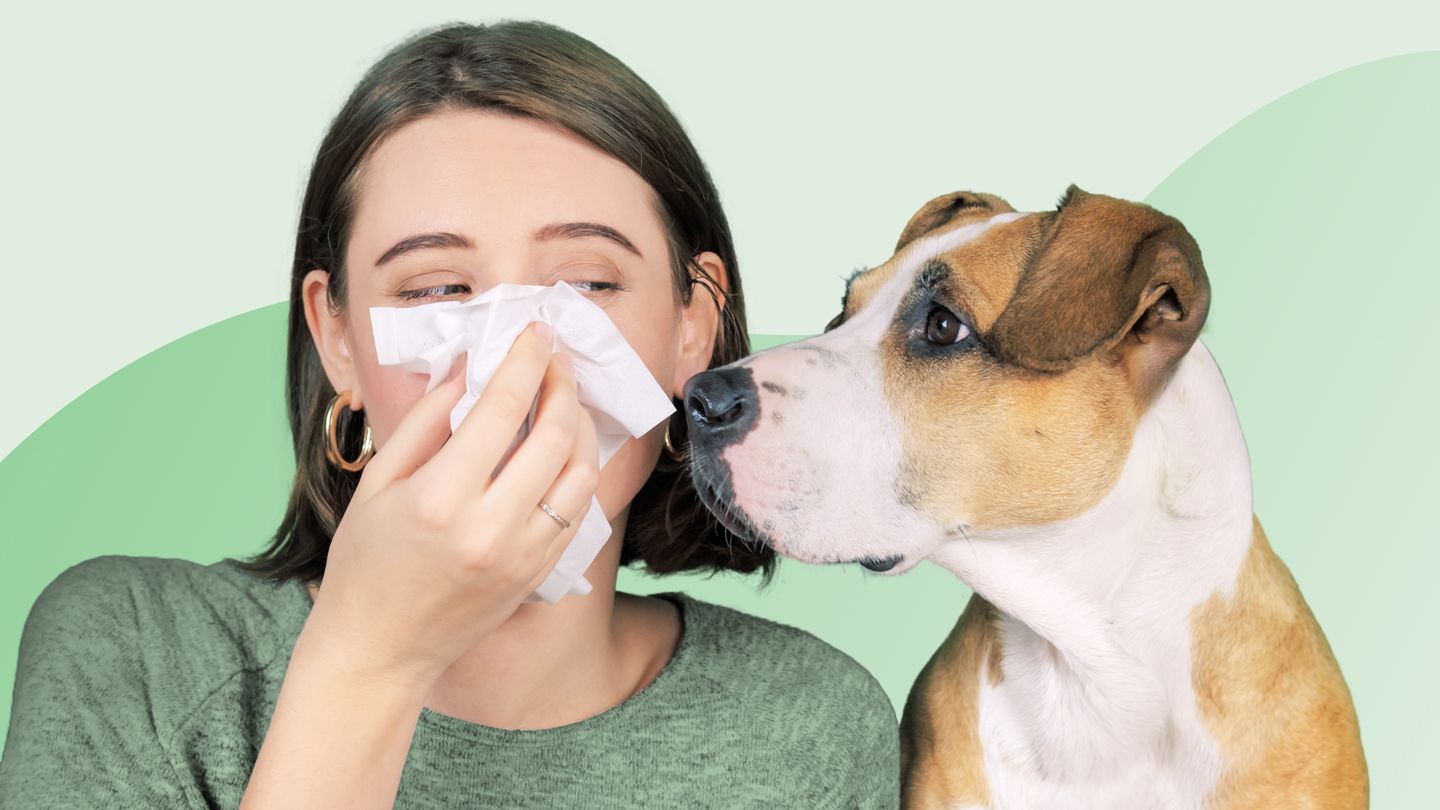When traveling with pets who suffer from allergies, it’s crucial to plan ahead to manage their symptoms and ensure their comfort. Just like humans, pets can experience allergic reactions to environmental factors like pollen, dust mites, or even certain foods. Here are some tips for managing pet allergies and medications when traveling:
1. Know Your Pet’s Allergies:
Before traveling, it’s important to know what triggers your pet’s allergies. Common allergens include food ingredients, pollen, mold, or dust mites. If your pet has food allergies, make sure to bring their specific diet with you to avoid potential triggers. For environmental allergies, try to stay in pet-friendly accommodations that minimize exposure to allergens, such as homes with air purifiers or those located in low-pollen areas.
2. Consult the Vet:
If your pet is on allergy medications, consult with your veterinarian before traveling. Some pets may require prescriptions or over-the-counter antihistamines or corticosteroids to manage symptoms. Your vet can also recommend specific brands or dosages based on your pet’s needs.

3. Pack Essential Medications:
When traveling, ensure you pack all medications your pet needs, including allergy medications, flea preventatives, or other treatments. Carry them in their original packaging with a copy of the prescription, especially if you’re flying or crossing international borders. You should also keep your pet’s medical records handy in case of an emergency.
4. Avoid Triggers During Travel:
If you’re traveling by car, keep your pet in a well-ventilated space and avoid areas with known allergens, like fields of pollen. During hotel stays or trips to new environments, try to maintain a clean, controlled space for your pet. Make sure they have a quiet, comfortable place to relax away from environmental triggers.
By planning ahead and keeping medications handy, you can help ensure your pet remains healthy and comfortable throughout your travels.

